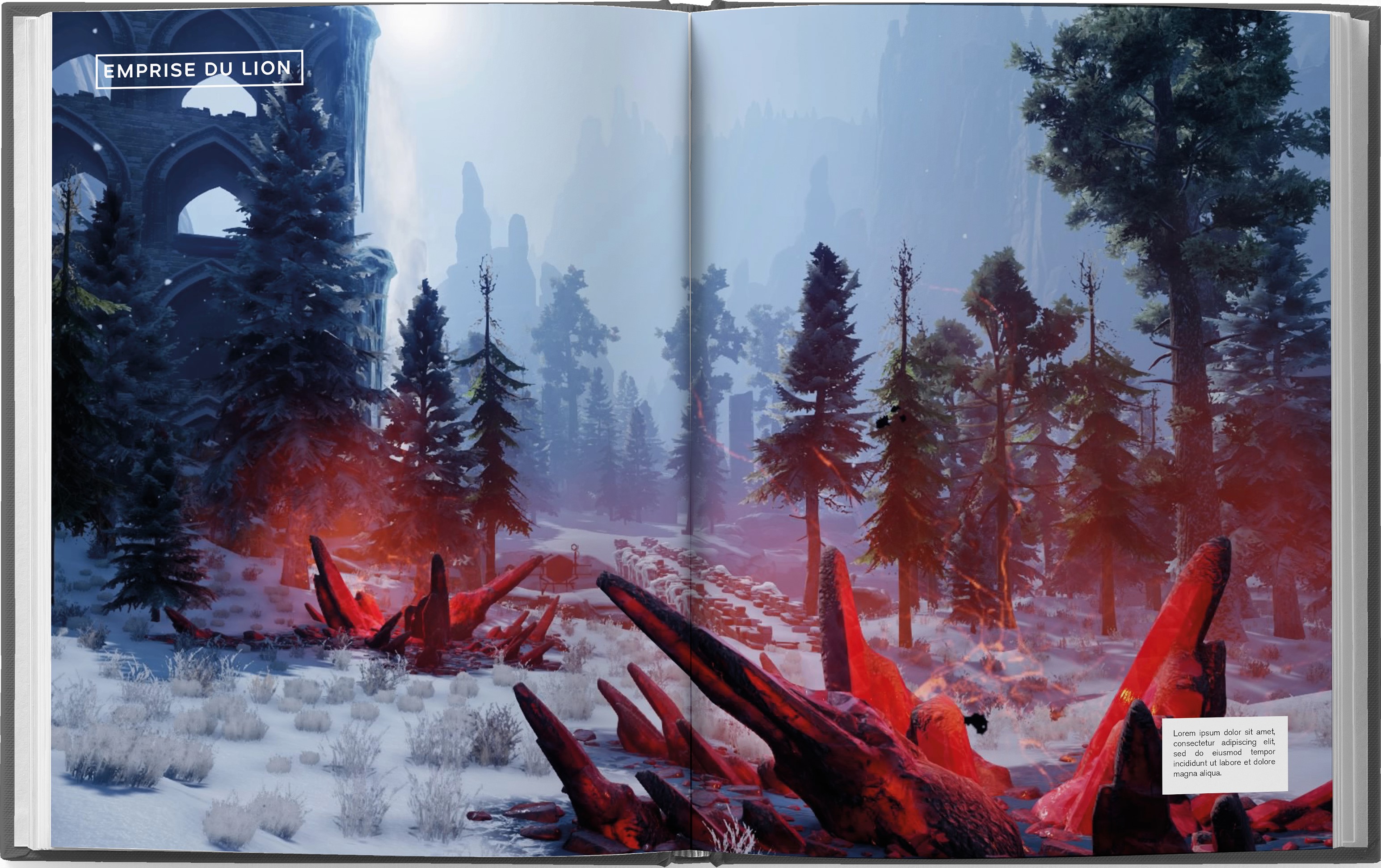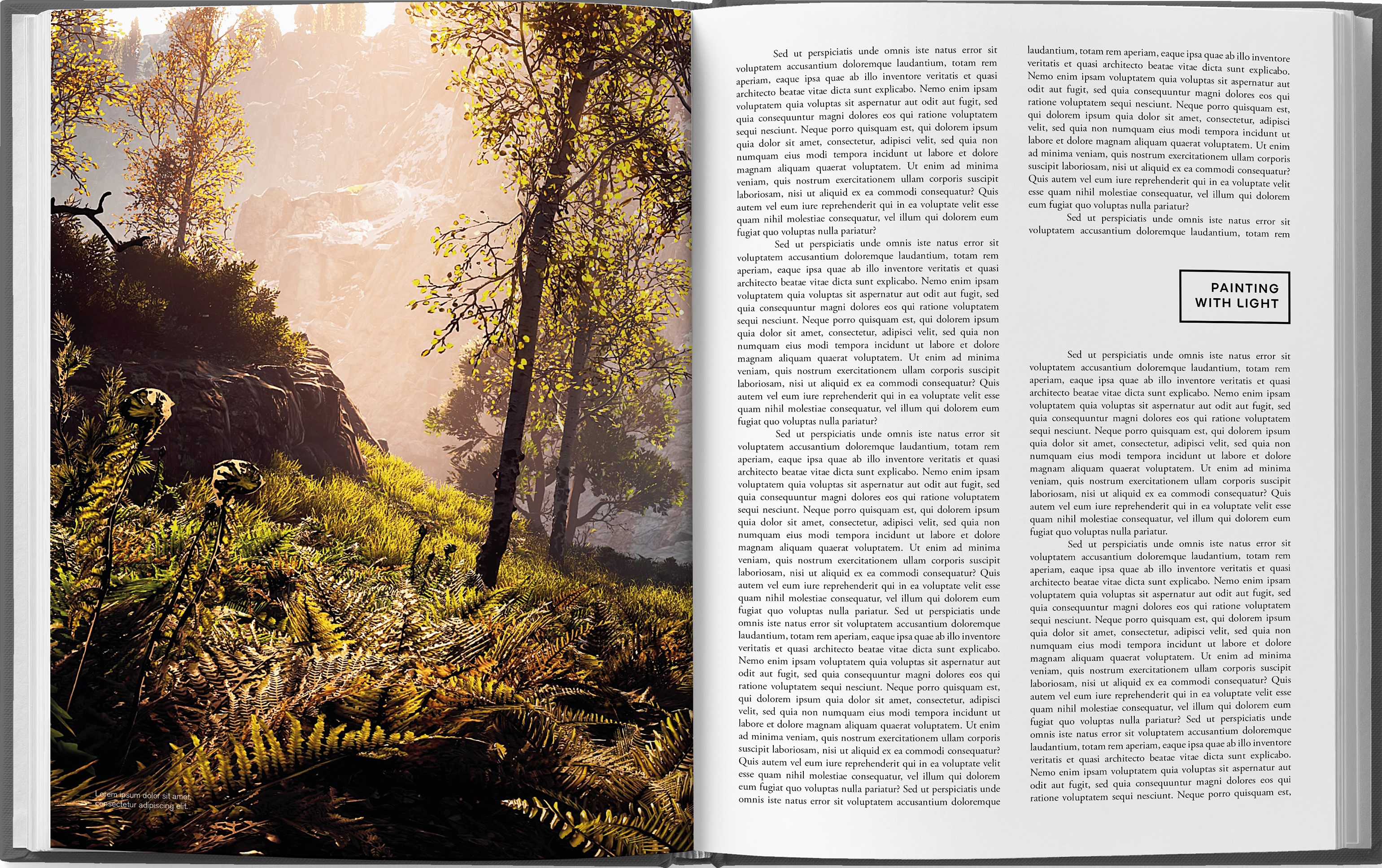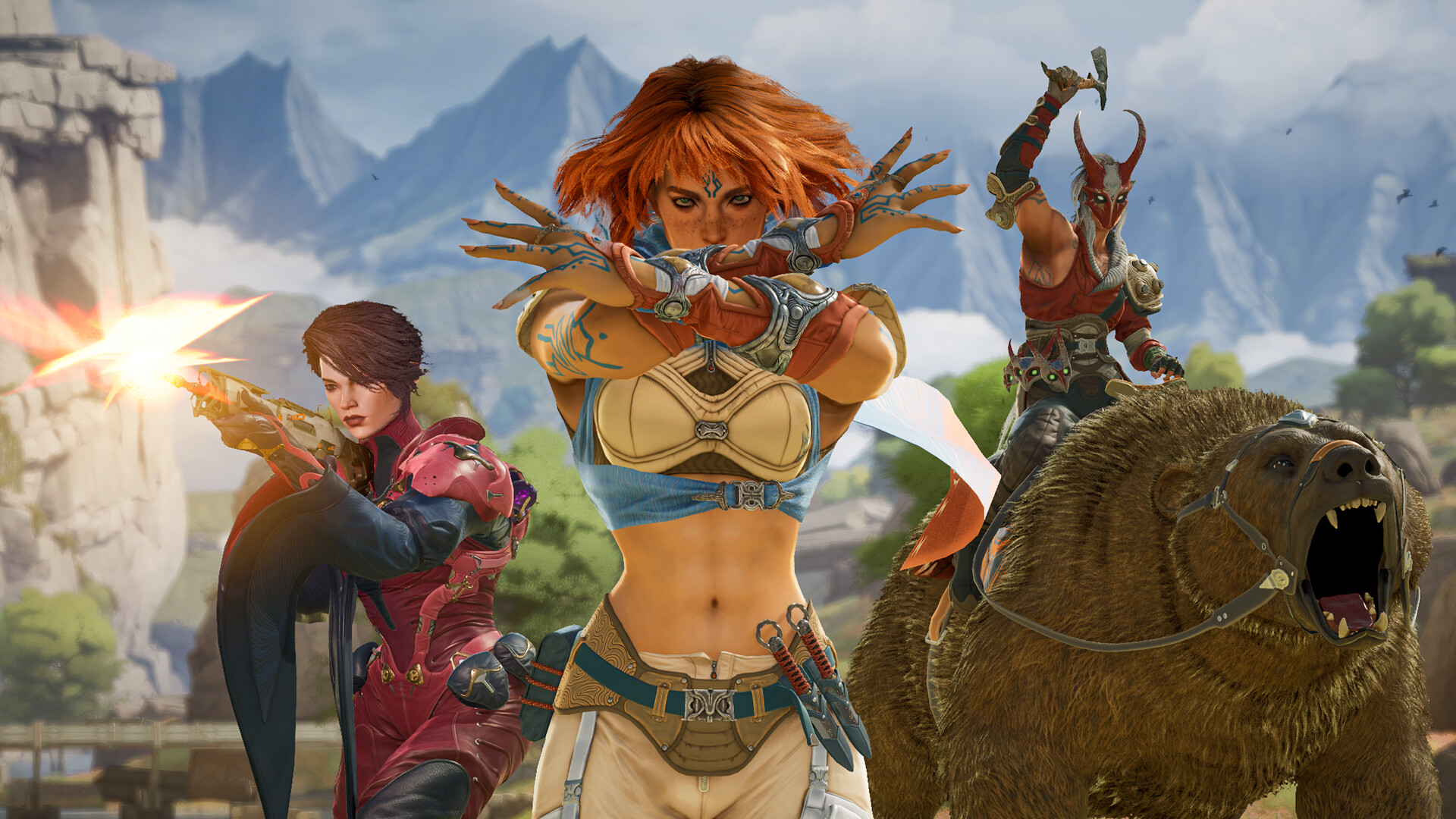Game environment design is a growing art form, reveals new book
Game art and environment design are more complex than you'd image, whether by highlighting the importance of accuracy in replicating real-world environments or through the potential for collaboration between game designers and landscape artists, the world's we play in are complex and involved.
A new book by trained landscape designer Rob Dwiar shines a light on storytelling in game environments. In his new book, Genius Loci, published by Unbound, Rob reveals how in creating immersive gaming experiences, using Unreal Engine, Lumion and Unity, there's a growing intersection between game and landscape design where something new is being given room to grow.
"Garden design can weave stories and narratives and there's meaning and symbolism," says Rob. "They can reflect a story, they can reflect places, they set context, they reflect characters or characters who are not even there."
Rob points to The Last Of Us and describes how the "features of the landscape design reflect the characters' journey; what's about to happen, what has happened". At one point in the game, reflects Rob, the lead character of Joel gets injured amidst Autumnal leafs, "dead leafs… it's quite powerful imagery," says Rob.

Plants and how nature is used in environment design can compliment a game's story and form a crucial role in emboldening a narrative for players. How a landscape is designed can guide players through a level or, importantly in open world games, develop a deeper sense of how the world fits together. In Horizon Forbidden West for PlayStation 5, players will learn that certain plants grow in specific climates and areas, next to rivers or high in the mountains. Through the thoughtful and consistent placement of real life plants, a believable world emerges.
And also, it doesn't, if the designers are careless. Rob says there are laughable examples of landscape design in games, such as Skyrim. He explains: "In this wintry province, it's snowy all the time, but you can find lavender just growing everywhere, which is a Mediterranean plant that loves the heat. It's like the designers are just incorporating familiar plants rather than giving a sense of place, a sense of accuracy, to the world".

Of course Skyrim released in 2011, though famously seems to have re-released on every game system since, so its approach to landscape design is less informed than modern games. When it comes to games that get it right Rob points to Bethesda's Dishonored series – "some of the best gardens" – as well as The Witcher 3 for its "splendid working landscapes full of produce, life, function, and people" and Mass Effect's Citadel for its mix of soft and hard edges, and how it reveals the way people live their lives within the game's universe.
Daily design news, reviews, how-tos and more, as picked by the editors.
For Rob, good game landscapes are about more than "just outdoor places where gameplay happens", they are spaces that can convey story, emotion and internalised thoughts; symbolises motives and foreshadow events. Modern game studios now specifically hire architects and garden designers, environmentalists and environmental artists to help ensure gardens and worlds are created in realistic and consistent ways.
There's a new growth in how artists can think about game environment design, to imbue realism or develop a narrative. If you want to learn more and start designing your own game environments, support the Genius Loci campaign at Unbound. You may also want to pick up a new drawing tablet or one of the best laptops for game development to get up to speed.

Ian Dean is Editor, Digital Arts & 3D at Creative Bloq, and the former editor of many leading magazines. These titles included ImagineFX, 3D World and video game titles Play and Official PlayStation Magazine. Ian launched Xbox magazine X360 and edited PlayStation World. For Creative Bloq, Ian combines his experiences to bring the latest news on digital art, VFX and video games and tech, and in his spare time he doodles in Procreate, ArtRage, and Rebelle while finding time to play Xbox and PS5.
